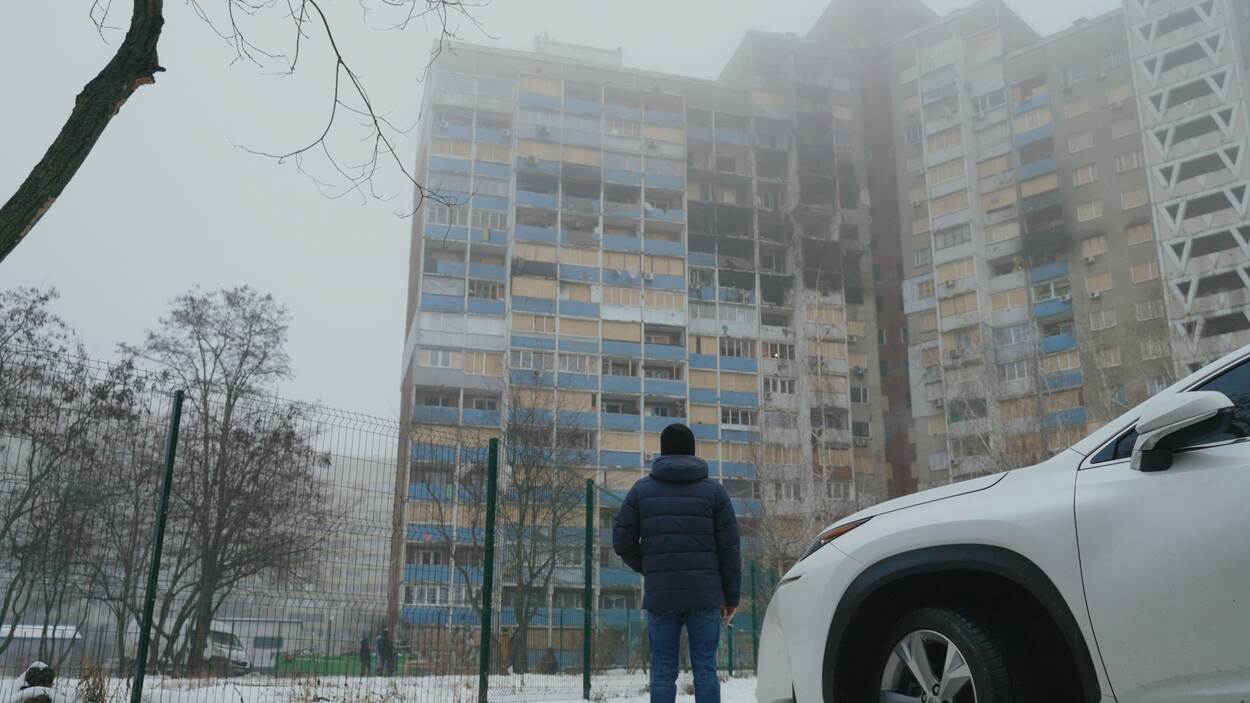Threat assessment NCTV: terrorist threat to the Netherlands increased
The terrorist threat for the Netherlands has increased over the past half year. There are increasingly more signals that jihadist organisations are preparing to commit terrorist attacks in Europe. These groups are explicitly naming the Netherlands as a target. A terrorist attack from right-wing extremist circles also remains conceivable. Finally, lone actors or small groups who turned against the government due to conspiracy thinking may resort to an act of violence. These are findings from the most recent Threat Assessment Terrorism Netherlands (DTN 58) by the National Coordinator for Security and Counterterrorism (NCTV). The threat is set at level 3. This means an attack on the Netherlands is conceivable.
Jihadism
Last year, the terrorist threat from ISIS to Europe increased. Especially since the second half of 2022 there have been ever more clues that ISIS is planning attacks in Europe. The threat mostly comes from networks directed by ISIS structures in Syria and Afghanistan and connected ISIS networks in Turkey. For some time now, global jihadist organisations have been considering the Netherlands as a legitimate target for an attack. Due to recent Quran destructions in our country, however, the threat for the Netherlands has become more pronounced. Several pro-ISIS channels have called for retaliatory action against Western countries over social media, including explicitly Sweden and to a lesser extent the Netherlands. Especially Dutch interests abroad are at risks of becoming the target of an attack.
The picture of the Dutch jihadist movement has remained unchanged for several years; its scope is stagnating. Several larger cities in the Netherlands are home to a number of smaller or larger networks that adhere to a jihadist ideology. The networks are in touch and exchange ideas. The movement is ideologically and socially fragmented, due to which it fails to operate effectively and increase its influence. In addition, the defeat of ISIS in Syria and Iraq cost the movement an important narrative and it is having trouble binding members to it or attracting new members. It is estimated that about five hundred men and women adhere to this ideology in the Netherlands. Although there has been a case of some turnover within the movement over the last few years, it is not expected to gain in number and strength in the short term.
Right-wing extremism
The right-wing extremist threat, including right-wing terrorism, has become more diffuse and unpredictable over the last years. This is the case in the Netherlands as well as other Western countries. A minority of right-extremists presents a violent threat. Another part is active in normalising their intolerant ideology and in normalising right-extremist ideology in the social and political domain.
The primary right-extremist threat of violence in the Netherlands comes from online followers of accelerationist and similar right-wing terrorist ideology. Accelerationism is based on the repopulation theory (‘omvolkingstheorie’). There are likely a few hundred Dutch proponents of these ideas. This number does not seem to have increased this past year. There are worries about a further normalisation of right-wing extremist ideology in the social and political domain.
It has become increasingly conventional to spread right-extremist ideology over the last half year. The open and (virtually) uncriticized discussion of xenophobic and partially racist ideology is visible on social media, as well as in the political discourse, on the public broadcasting system and in daily life. The projected texts on the Erasmus Bridge during the turn of the year illustrate the endeavour to normalise the right-extremist movement.
Anti-institutional extremism
The threat of anti-institutional extremism in the Netherlands is twofold. In the short term, there is a limited threat of violence, while in the longer term, anti-institutional extremism may undermine the democratic rule of law. Some of the followers of conspiracy theories feed the distrust in the government through the narrative of an evil elite. Their sometimes highly intimidating attitude towards politicians can cause the latter to feel severely obstructed in performing their democratic task. Sovereignists are part of the wider anti-institutional circles. They use conspiracy theories to deny the legal and democratic legitimacy of the government. Anti-institutional extremism is mostly a threat to the democratic rule of law. In addition, there is a potential threat of violence.
Originally published at https://www.government.nl/latest/news/2023/05/30/threat-assessment-nctv-terrorist-threat-to-the-netherlands-increased



